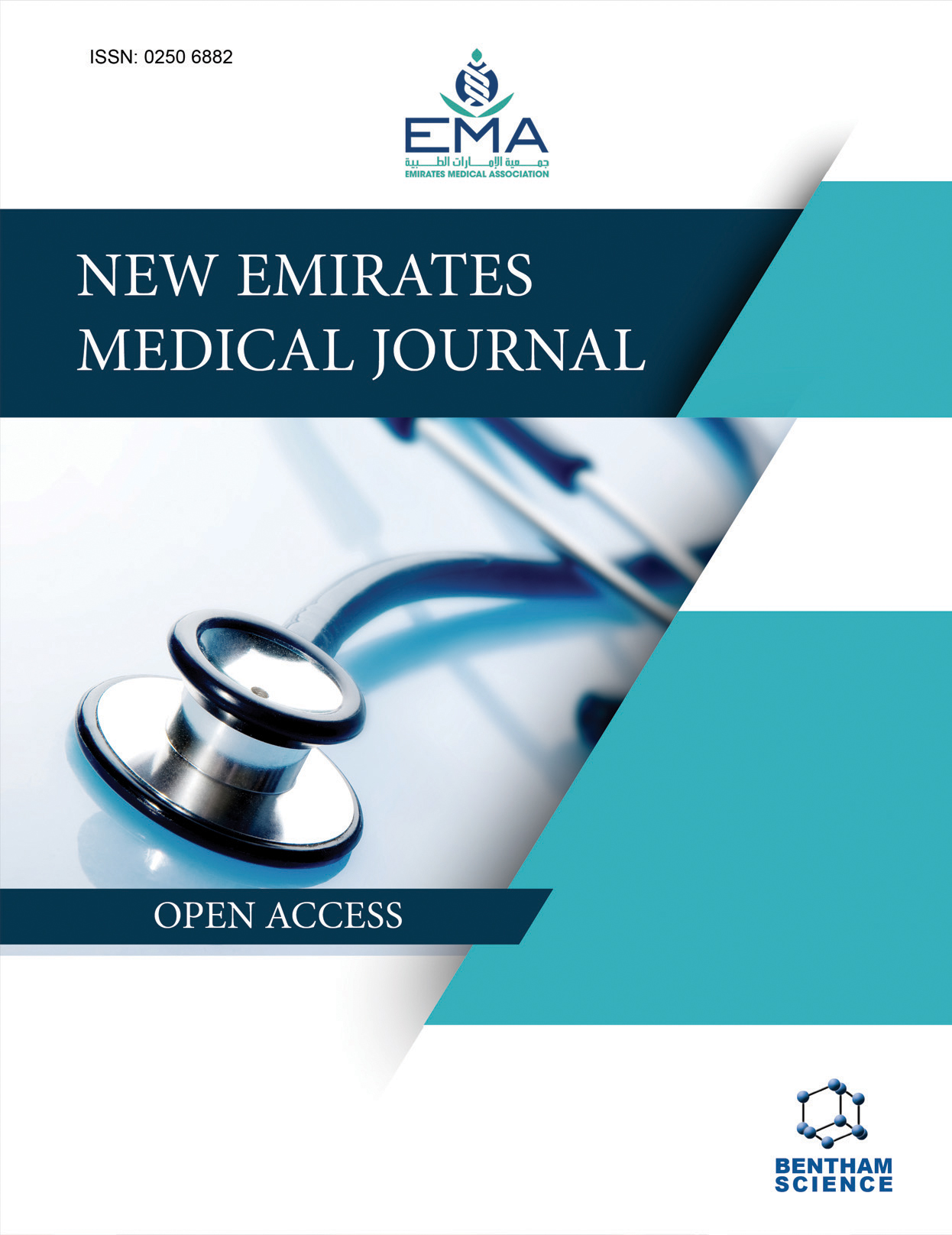-
oa Online Assessments in Medical Education: Identified Challenges and Potential Solutions
- Source: New Emirates Medical Journal, Volume 5, Issue 1, Jan 2024, e02506882315948
-
- 12 Mar 2024
- 27 May 2024
- 26 Jun 2024
Abstract
The scope of online assessment in the field of medical education is extensive and varied, encompassing a wide range of types of assessments and purposes. For the assessment of the cognitive domain, online assessment can be carried out with the help of a number of assessment methods. As is the case with any potential tool, even online assessments have their share of limitations, and we must be aware of this as it can help us to make a systematic and evidence-based decision about when to use online assessments and when to combine them with traditional assessments. In order to enhance the acceptability and use of online assessments in medical education, it is crucial to overcome the identified limitations. The primary strategy is to clearly communicate the format, the instructions, and the expectations from both teachers and students to avoid all kinds of confusion. In conclusion, online assessments have immense scope in the field of medical education. However, considering the fact that the successful implementation of these assessments depends on multiple factors, it becomes essential that we take appropriate measures to overcome the potential challenges and adopt a concerted and collaborative approach.


